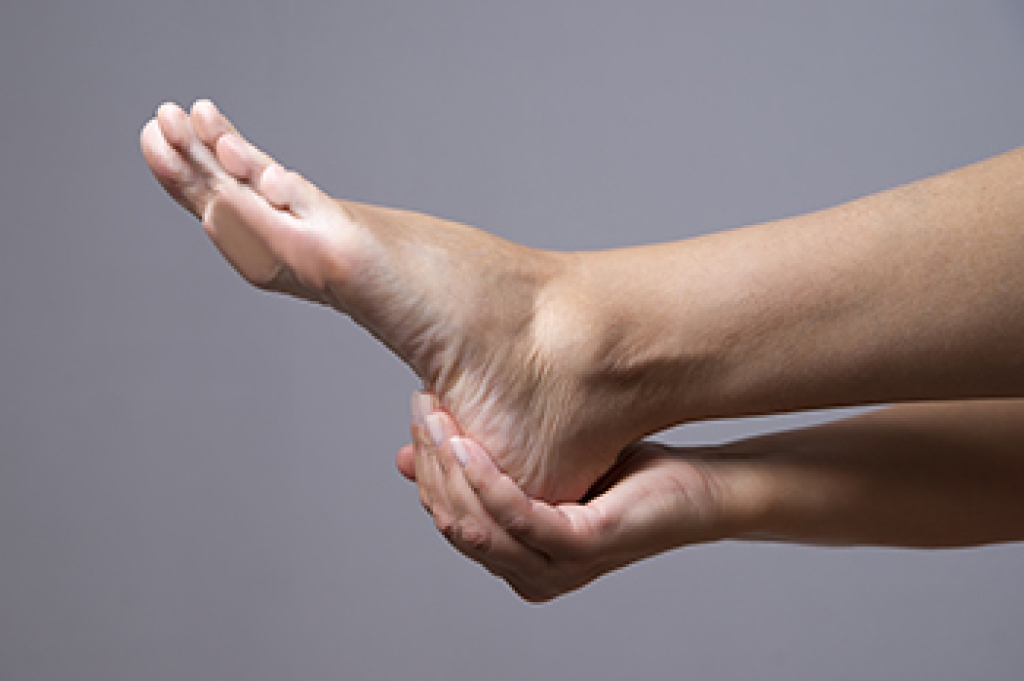
The foot's three arches, which are often overlooked, sustain you in daily activities. The medial and lateral longitudinal arches and the anterior transverse arch function as a resilient spring, absorbing shock and supporting our weight during movement. This function depends on composition of tarsal and metatarsal bones bolstered by ligaments and tendons. The trio of foot arches, which are essential for walking and sprinting, optimize energy efficiency. The medial arch, taller and more elastic, owes its resilience to its structural makeup and supporting network. In contrast, the flatter and sturdier lateral arch relies on robust ligaments and muscles for stability. Together, they form the longitudinal arch, essential for balance and force distribution. Complementing these are the transverse arches, fortifying the foot's stability. Issues like low or high arches can lead to discomfort and conditions like heel pain or plantar fasciitis. If you are experiencing discomfort in the arch of the foot, it is suggested that you make an appointment with a podiatrist for an exam and appropriate treatment.
If you have any concerns about your feet, contact one of our podiatrists from Bergen Foot & Ankle. Our doctors can provide the care you need to keep you pain-free and on your feet.
Biomechanics in Podiatry
Podiatric biomechanics is a particular sector of specialty podiatry with licensed practitioners who are trained to diagnose and treat conditions affecting the foot, ankle and lower leg. Biomechanics deals with the forces that act against the body, causing an interference with the biological structures. It focuses on the movement of the ankle, the foot and the forces that interact with them.
A History of Biomechanics
- Biomechanics dates back to the BC era in Egypt where evidence of professional foot care has been recorded.
- In 1974, biomechanics gained a higher profile from the studies of Merton Root, who claimed that by changing or controlling the forces between the ankle and the foot, corrections or conditions could be implemented to gain strength and coordination in the area.
Modern technological improvements are based on past theories and therapeutic processes that provide a better understanding of podiatric concepts for biomechanics. Computers can provide accurate information about the forces and patterns of the feet and lower legs.
Understanding biomechanics of the feet can help improve and eliminate pain, stopping further stress to the foot.
If you have any questions please feel free to contact our offices located in Fort Lee, NJ and Flushing, NY . We offer the newest diagnostic and treatment technologies for all your foot and ankle needs.
